
The associate professor of neurology at Georgetown University provided clinical insight on the origins of nilotinib and its medicinal promise in treating patients with Dementia with Lewy bodies, a neurodegenerative disorder.

The associate professor of neurology at Georgetown University provided clinical insight on the origins of nilotinib and its medicinal promise in treating patients with Dementia with Lewy bodies, a neurodegenerative disorder.
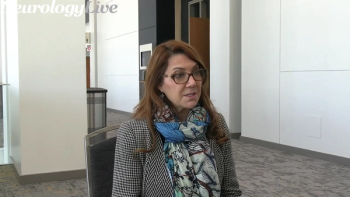
The professor in residence at UCLA Health discussed the critical considerations when deciding appropriate patients for gene therapies, specifically AAV vectors, in treating muscular dystrophies. [WATCH TIME: 4 minutes]

The professor in residence at UCLA Health provided clinical insight on the limitations of certain gene therapy vehicles for muscular dystrophies, and the need for better vectors that are more myotropic. [WATCH TIME: 3 minutes]
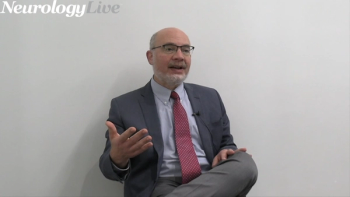
The senior scientist at Sunnybrook Research Institute in Toronto, Ontario, provided clinical insight on the advantages of a flipped classroom, and why neurology educators should consider this approach. [WATCH TIME: 2 minutes]
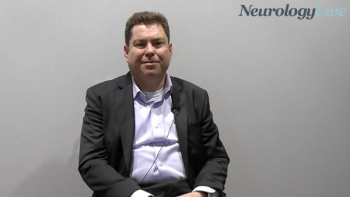
The professor of neurology and radiology at University of California, San Francisco talked about how the new appropriate use recommendations of donanemab aims to safely integrate this anti-amyloid antibody into the clinical practice. [WATCH TIME: 7 minutes]
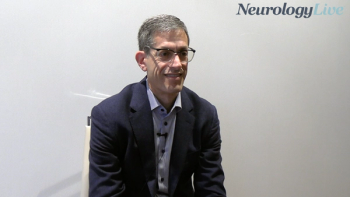
The CEO at C2N Diagnostics talked about the clinical utility of the company’s PrecivityAD2 test, which uses the p-tau 217 biomarker and amyloid-β measurements, to increase diagnostic confidence and influence treatment decisions in Alzheimer disease. [WATCH TIME: 7 minutes]
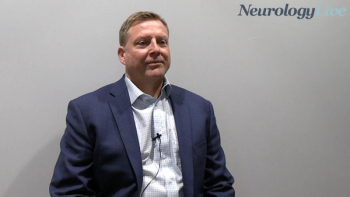
The chief operating officer at Quanterix Corporation talked about pioneering ultra-sensitive blood biomarkers for Alzheimer clinical diagnosis, aiming to enhance detection of brain-derived tau and amyloid status with innovative assays. [WATCH TIME: 4 minutes]

Judith Thompson, PharmD, MPH, CPHQ, rare disease population health strategy lead at UCB, discussed the association between social determinants of health and delayed diagnosis/misdiagnosis in myasthenia gravis.
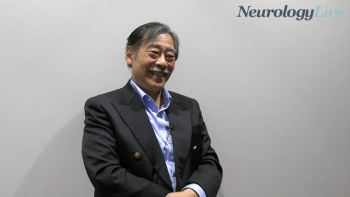
The professor of neuropathology at the University of Tokyo School of Medicine talked about the latest data on lecanemab use in clinical practice for Alzheimer disease in Japan presented at CTAD 2024. [WATCH TIME: 4 minutes]
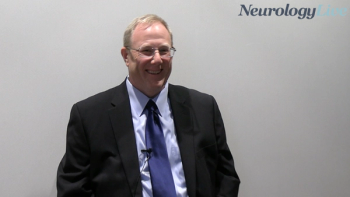
The head of global clinical development for immunology/bone at UCB talked about findings presented at CTAD 2024 from the phase 2 trial assessing bepranemab in Alzheimer disease. [WATCH TIME: 3 minutes]
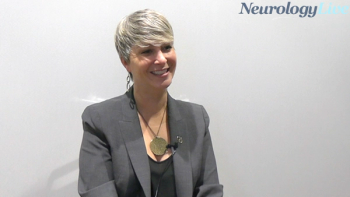
The vice president of scientific engagement at the Alzheimer's Association talked about the emergence of blood biomarker tests as valuable diagnostic tools for Alzheimer disease in the clinical setting. [WATCH TIME: 5 minutes]

The cAPPricorn-1 Phase 2 trial will assess mivelsiran’s efficacy in CAA, focusing on reducing the annualized rate of new cerebral microbleeds over 24 months.
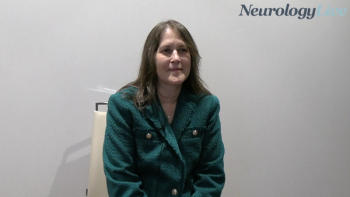
The professor of psychiatry and pharmacology at the University of Toronto talked about results from a post hoc analysis presented at CTAD 2024 that explored synthetic cannabinoid nabilone for agitation in Alzheimer disease. [WATCH TIME: 4 minutes]
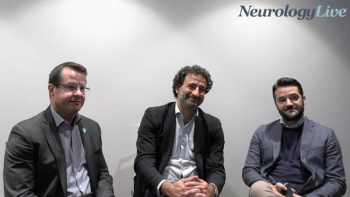
A trio of experts from Sinaptica Therapeutics talked about recent findings presented at CTAD 2024 from a study assessing personalized transcranial magnetic stimulation in patients with Alzheimer disease. [WATCH TIME: 5 minutes]

The director of the myasthenia gravis clinic at Yale University discussed the therapeutic potential of inebilizumab, an FDA-approved treatment for NMOSD, in myasthenia gravis, based on data from the phase 3 MINT study.
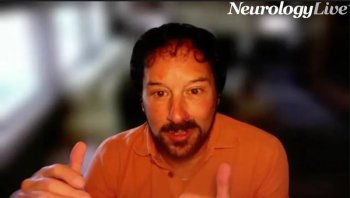
The director of the Muscular Dystrophy Clinic at UCSF Benioff Children’s Hospital provided insight on promising data from the phase 2/3 VIBRANCE-MG study assessing investigational nipocalimab in adolesents with myasthenia gravis. [WATCH TIME: 3 minutes]

Using a Brain-Chip model, investigators demonstrated that pepinemab can inhibit or reverse damage from toxic alpha-synuclein aggregates, with similar results for amyloid-ß expected soon.
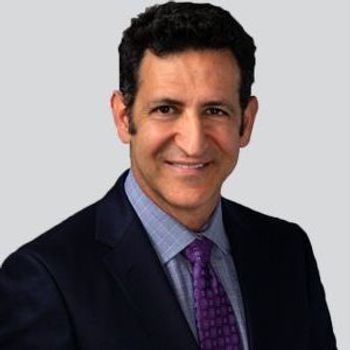
Over a 48-week treatment period, once daily blarcamesine slowed clinical decline in patients with early-stage Alzheimer disease, with even more pronounced effects in pre-specified common SIGMAR1 wild type group.

At week 25 of treatment with trontinemab, patients demonstrated decreases in CSF total tau, CSF p-tau181, and CSF neurogranin.
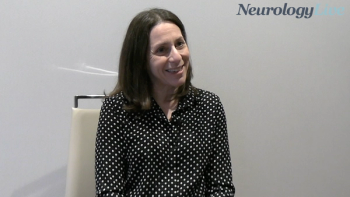
The senior director of research strategy at Banner Alzheimer’s Institute talked about improving clinical trial diversity through removal of logistical barriers, creating inclusive outreach strategies, and designing trials that address the unique needs of underrepresented populations. [WATCH TIME: 5 minutes]
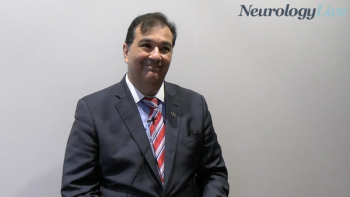
The director of the Banner Sun Health Research Institute talked about how the newly approved Alzheimer treatments have shown promise in slowing clinical decline, signaling a foundational shift toward disease-modifying therapies that target core biological processes. [WATCH TIME: 5 minutes]

Amy Tsou, MD, MSc, program director at the National Institutes of Neurological Disorders and Stroke, discussed the increasing cost of prescription drugs in the US and its impact on healthcare providers, including those who treat patients with neurologic conditions.

Over a 24-week period, comprising both the core study and extension trial, the incidence of treatment-emergent adverse events was infrequent, with less occurring over the long-term extension.
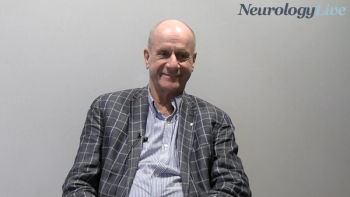
The professor of molecular geriatrics at Uppsala University talked about the research journey that led to the development of targeted antibody therapies for Alzheimer disease and emphasized the need for early diagnosis. [WATCH TIME: 5 minutes]
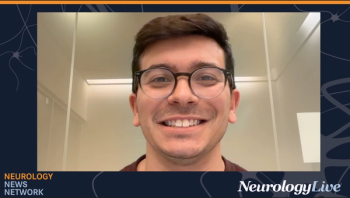
Neurology News Network. for the week ending November 2, 2024. [WATCH TIME: 4 minutes]
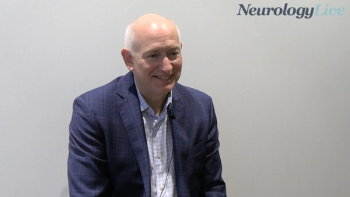
The chair of psychiatry at Tufts University School of Medicine talked about a recent study that suggested synthetic tetrahydrocannabinol could reduce agitation in patients with advanced Alzheimer disease. [WATCH TIME: 5 minutes]
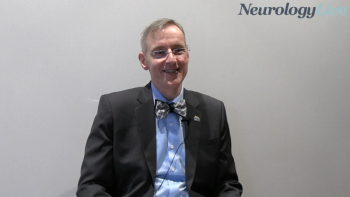
The senior clinical research scientist at Acumen Pharmaceuticals talked about the company's approach to refining Alzheimer screening by implementing plasma p-tau 217 biomarkers. [WATCH TIME: 5 minutes]

Mind Moments®, a podcast from NeurologyLive®, brings you an exclusive interview with Lawrence Robinson, MD. [LISTEN TIME: 15 minutes]

LX1001, an AAV gene therapy, was considered safe and well tolerated, with no events of amyloid-related imaging abnormalities (ARIA) observed.
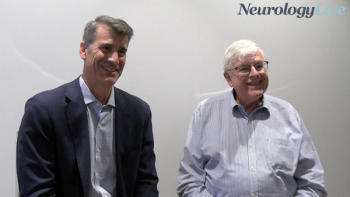
The head of dementia research at Austin Health and the chief medical officer at Cognition Therapeutics talked about recently presented phase 2 findings on CT1812, an investigational medicine for patients with mild to moderate Alzheimer disease, at CTAD 2024. [WATCH TIME: 5 minutes]